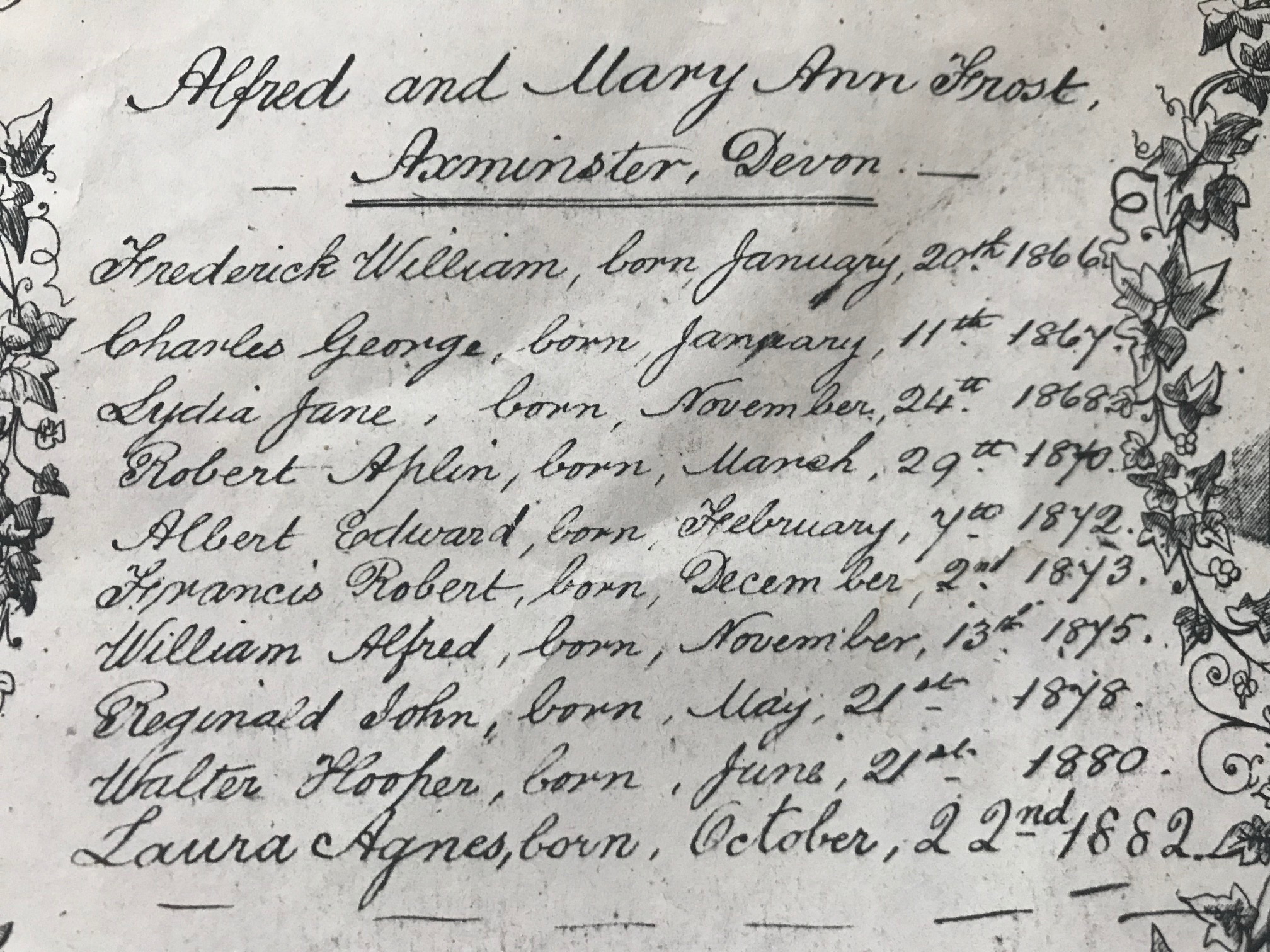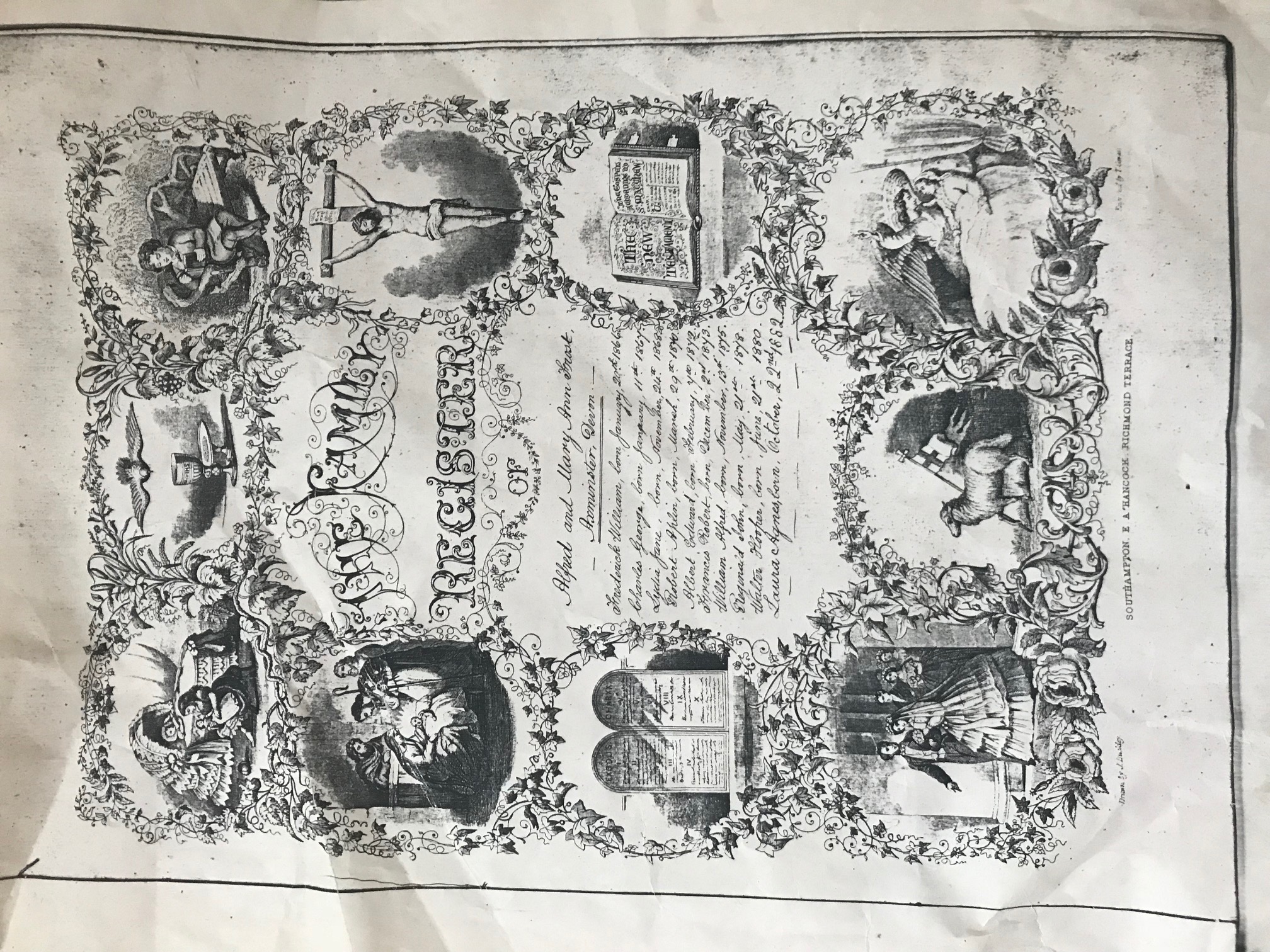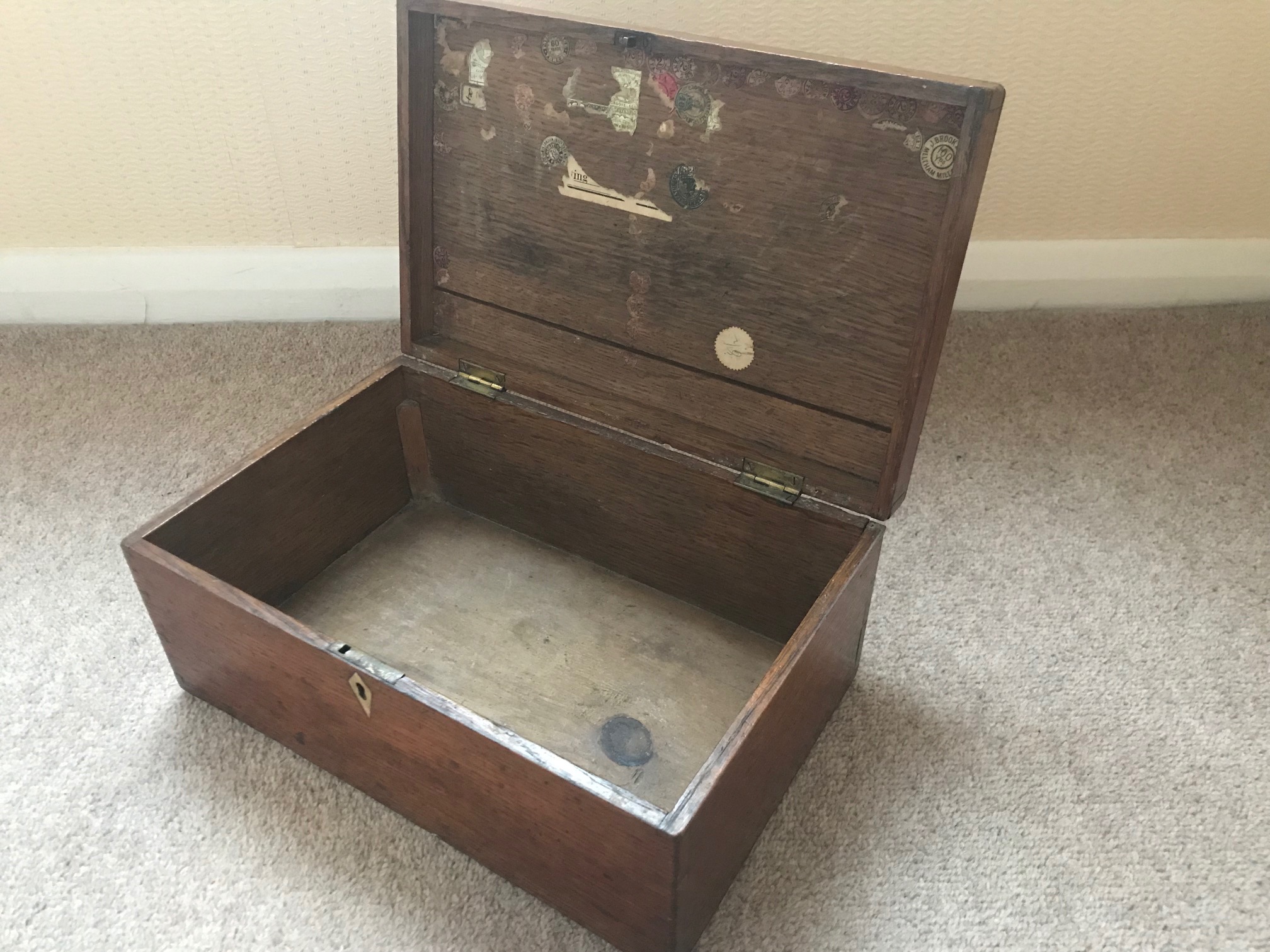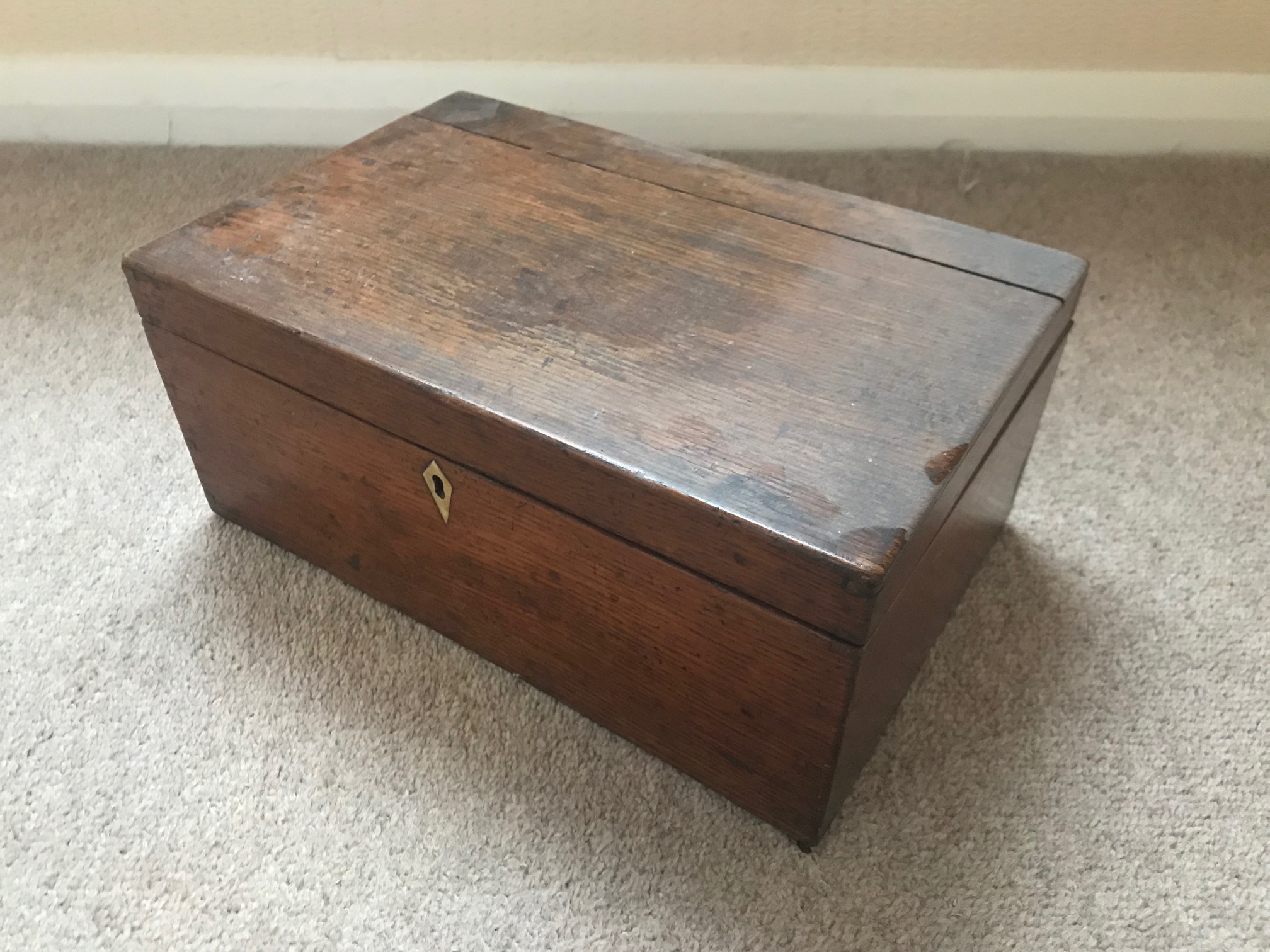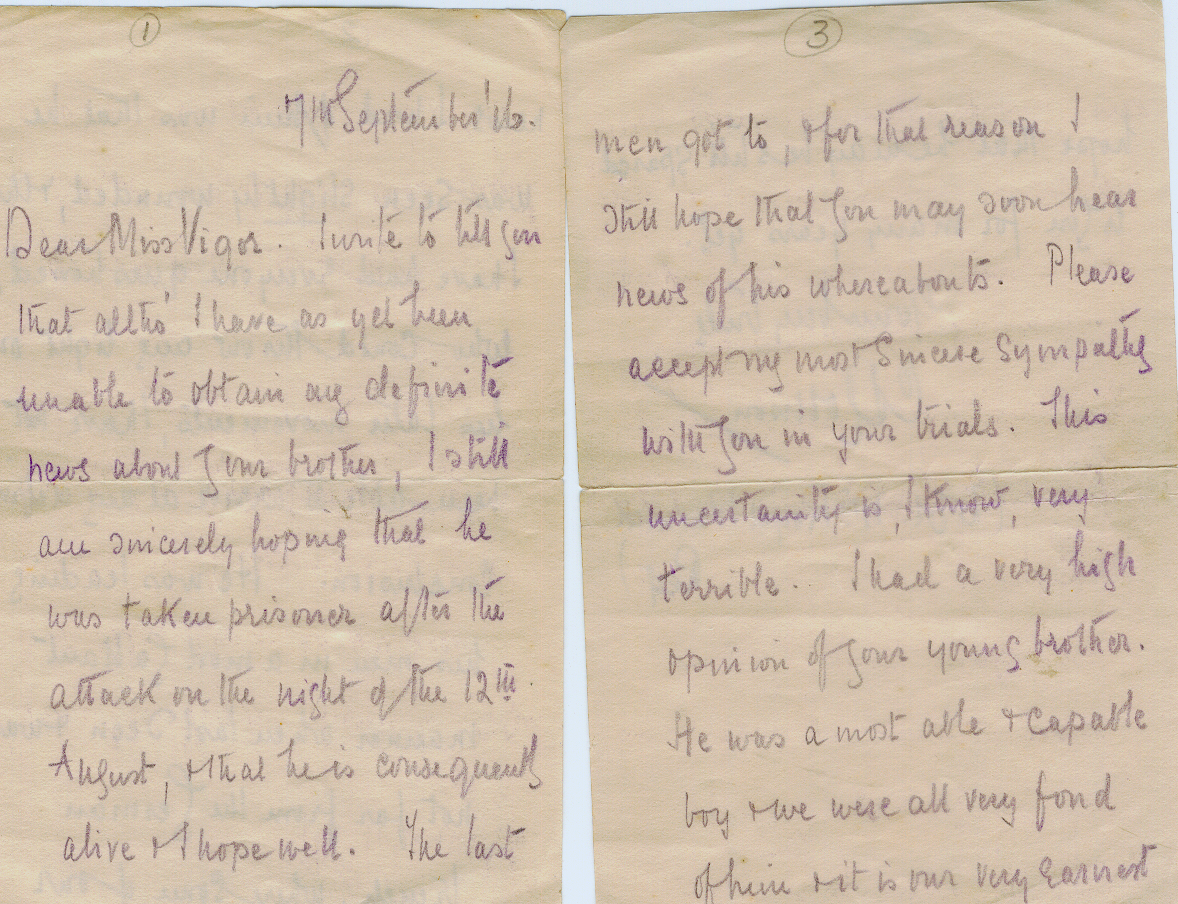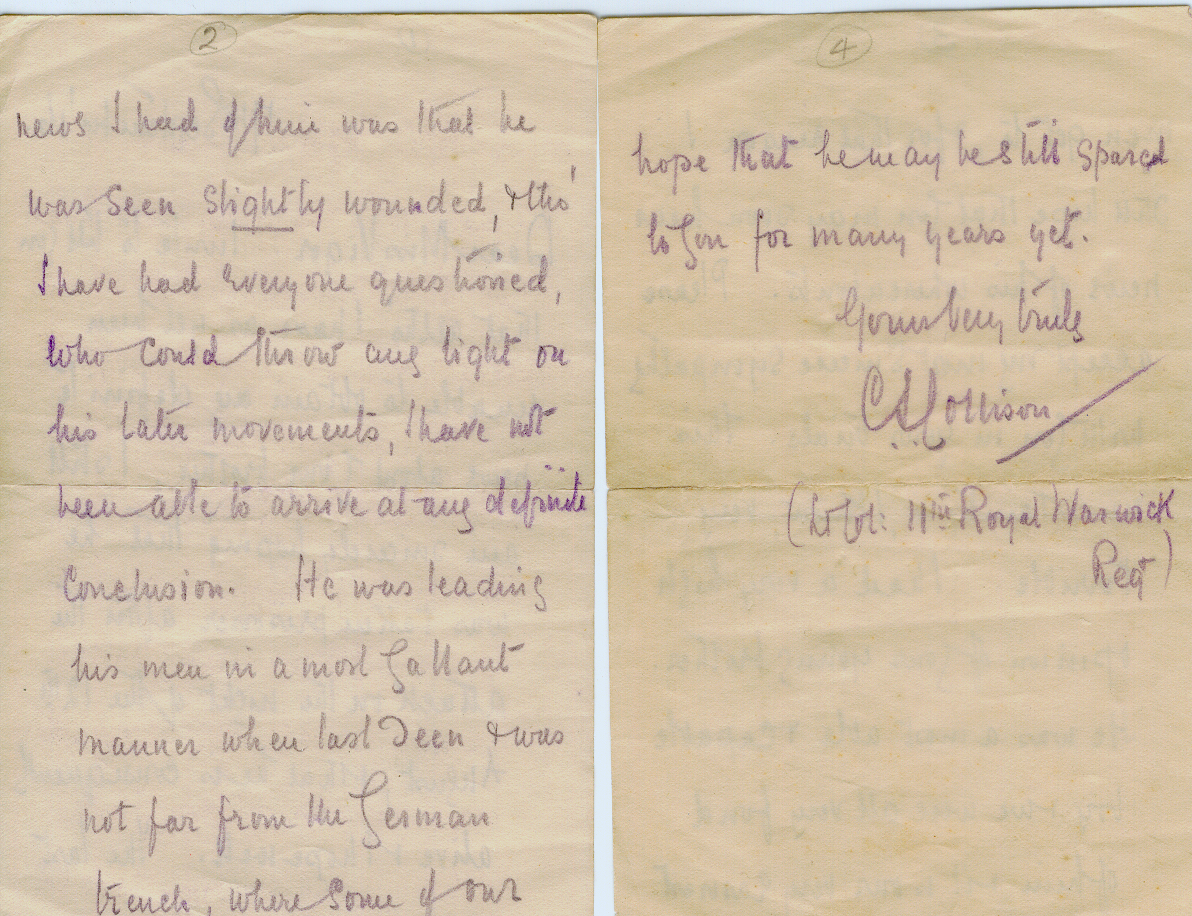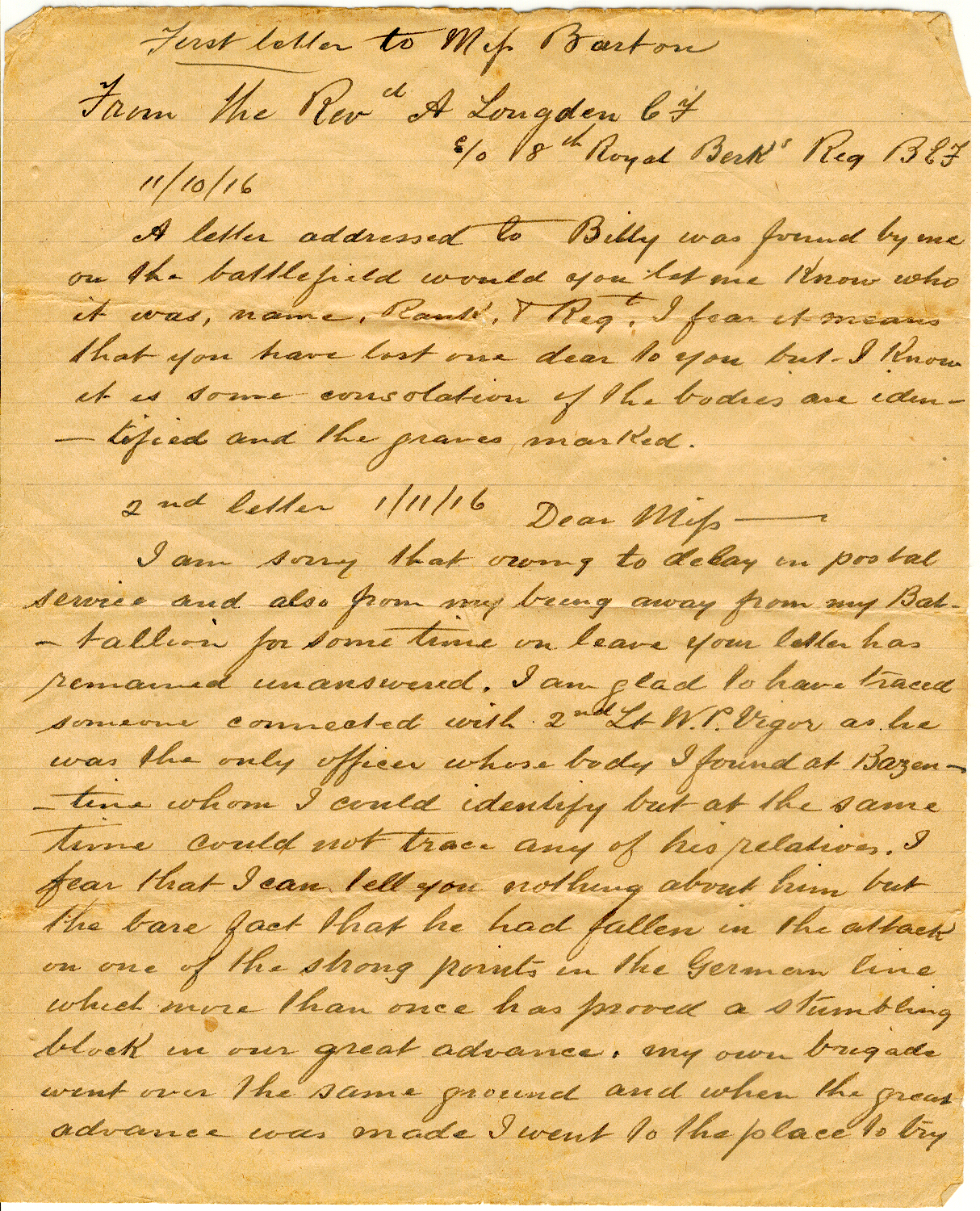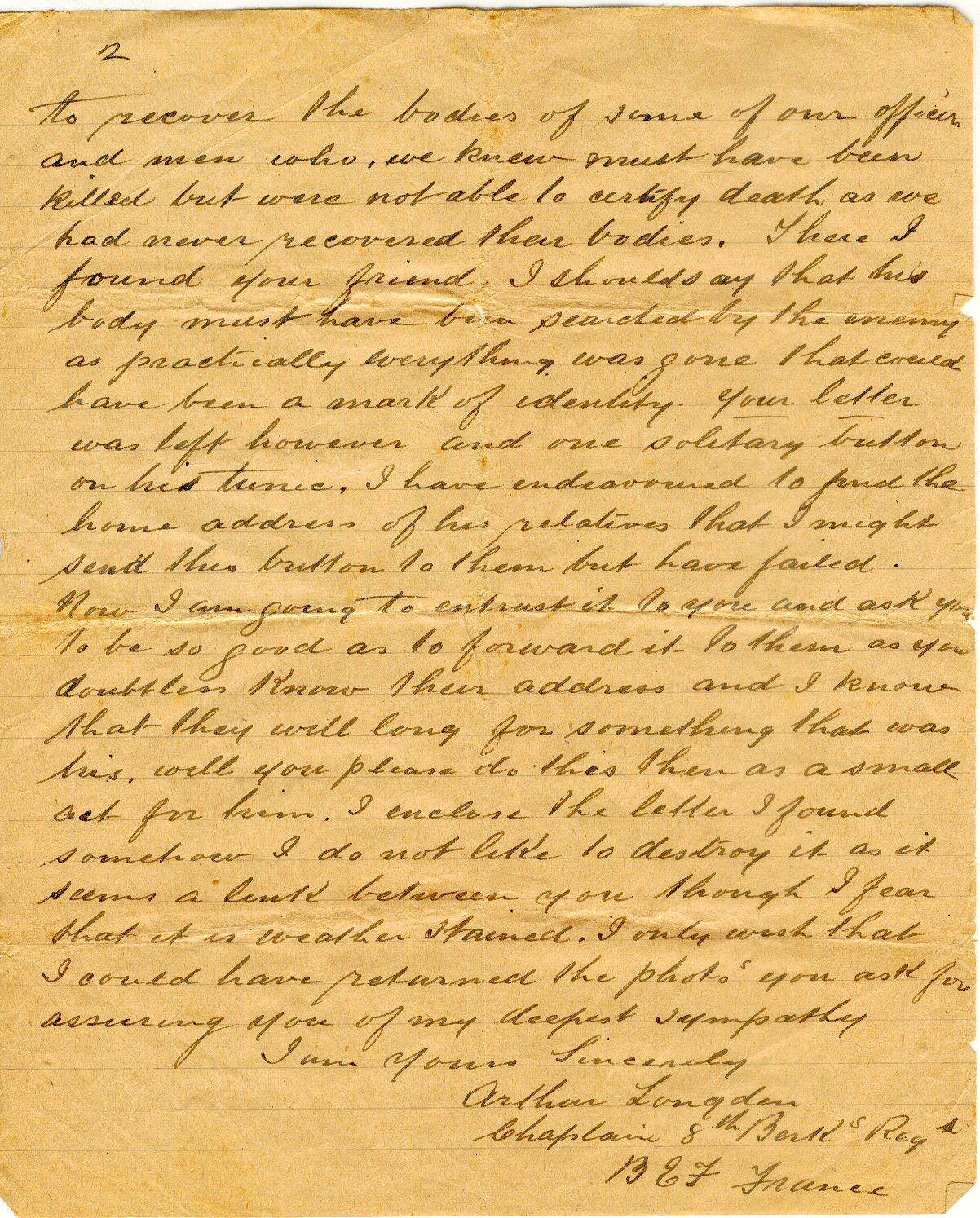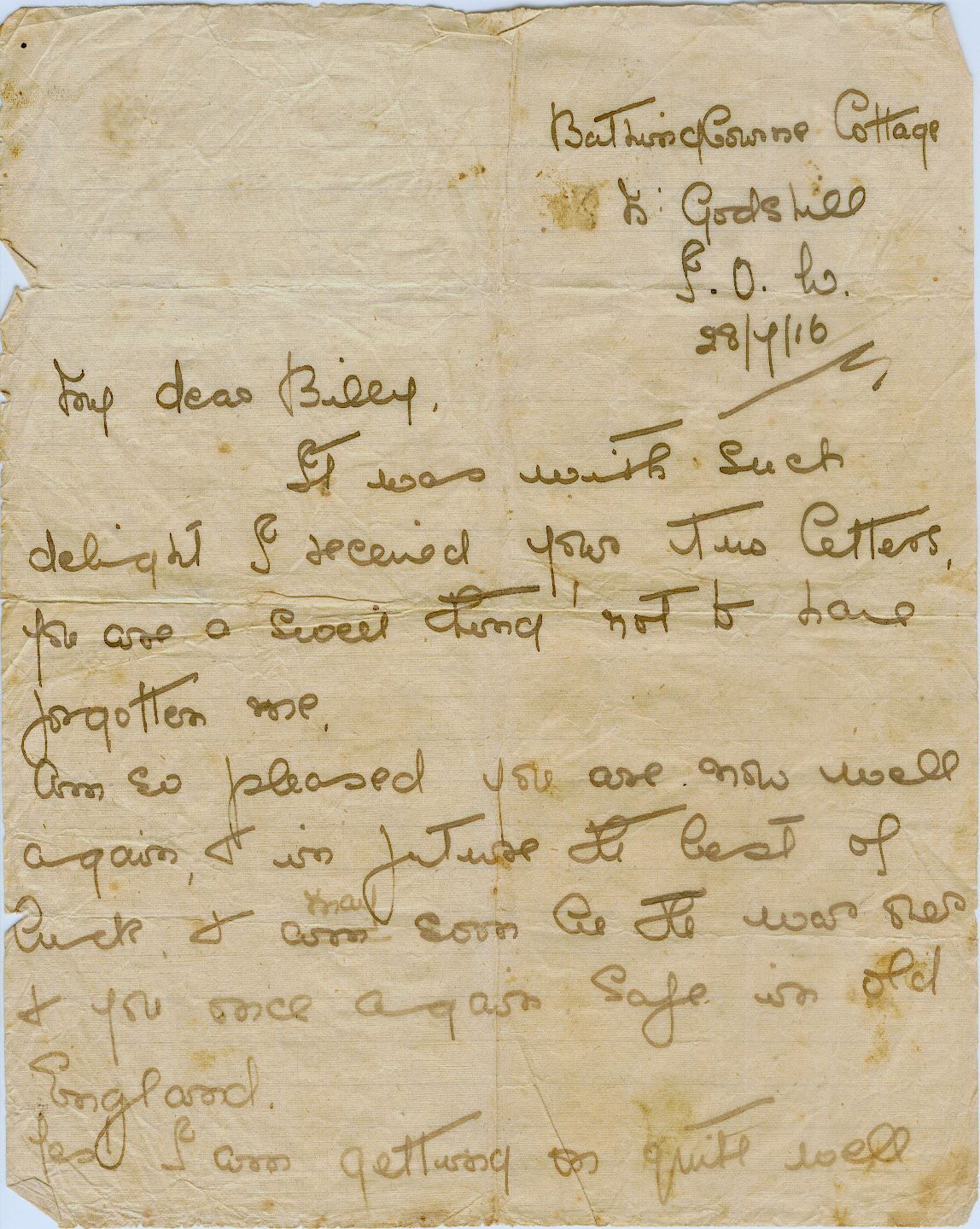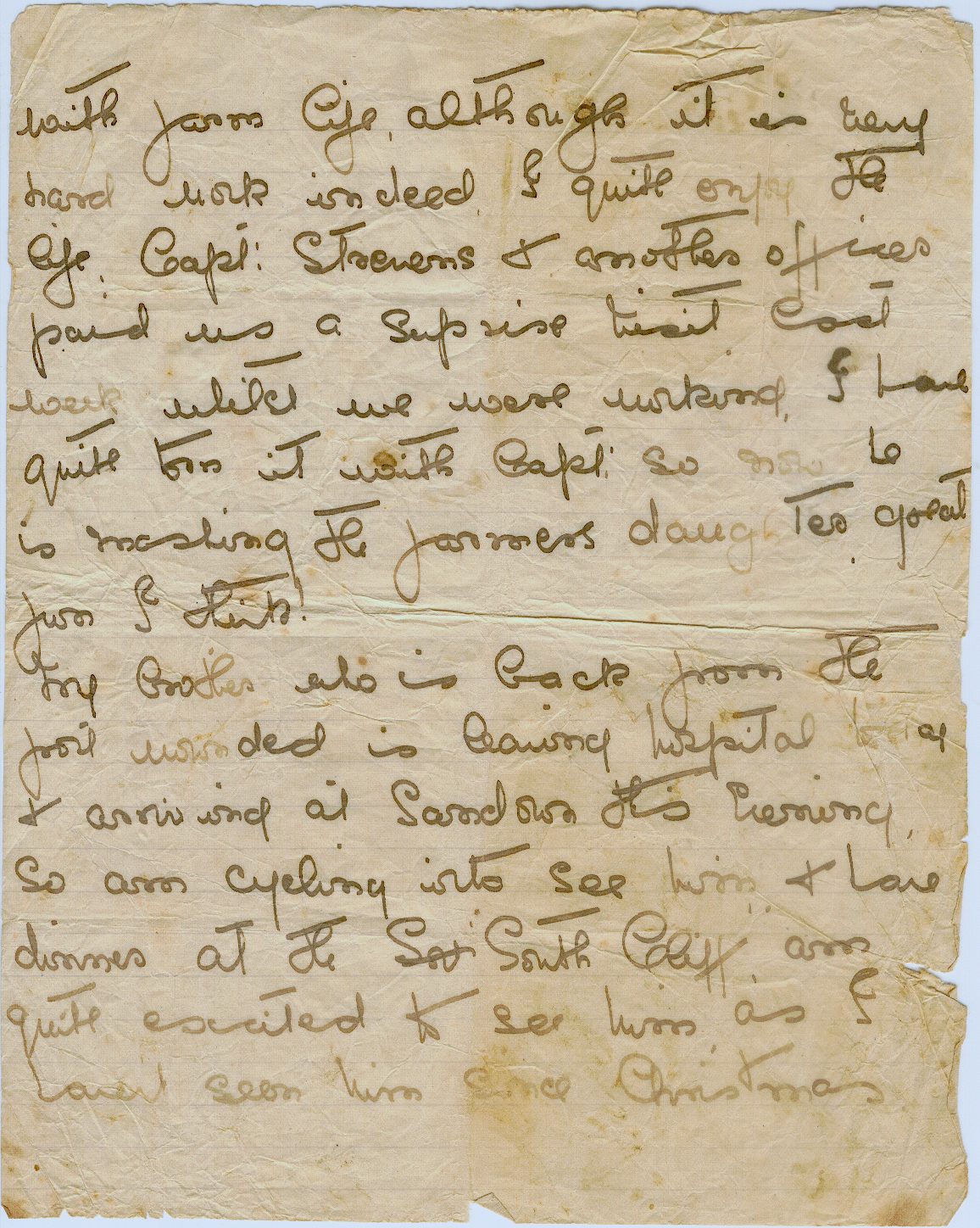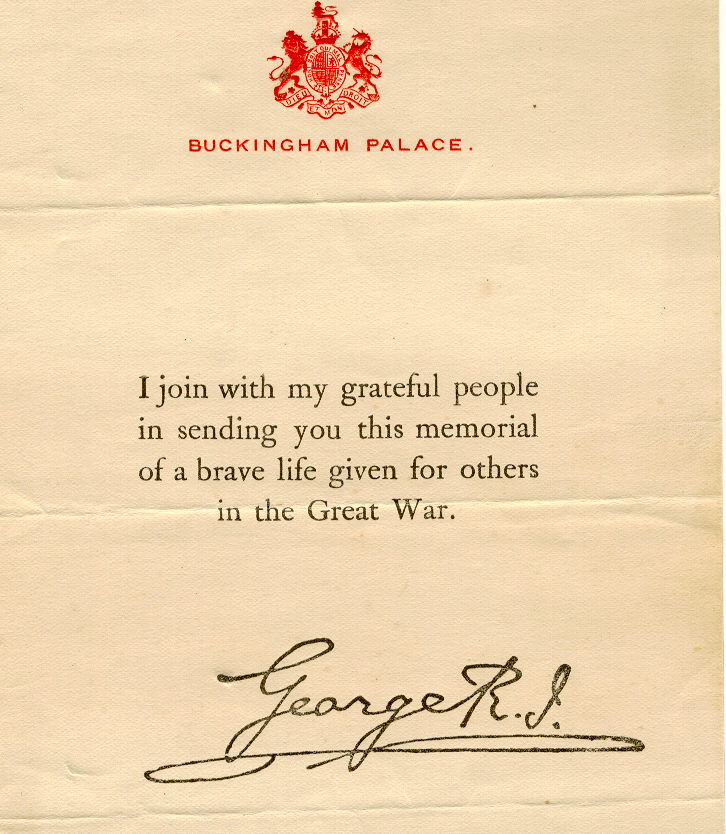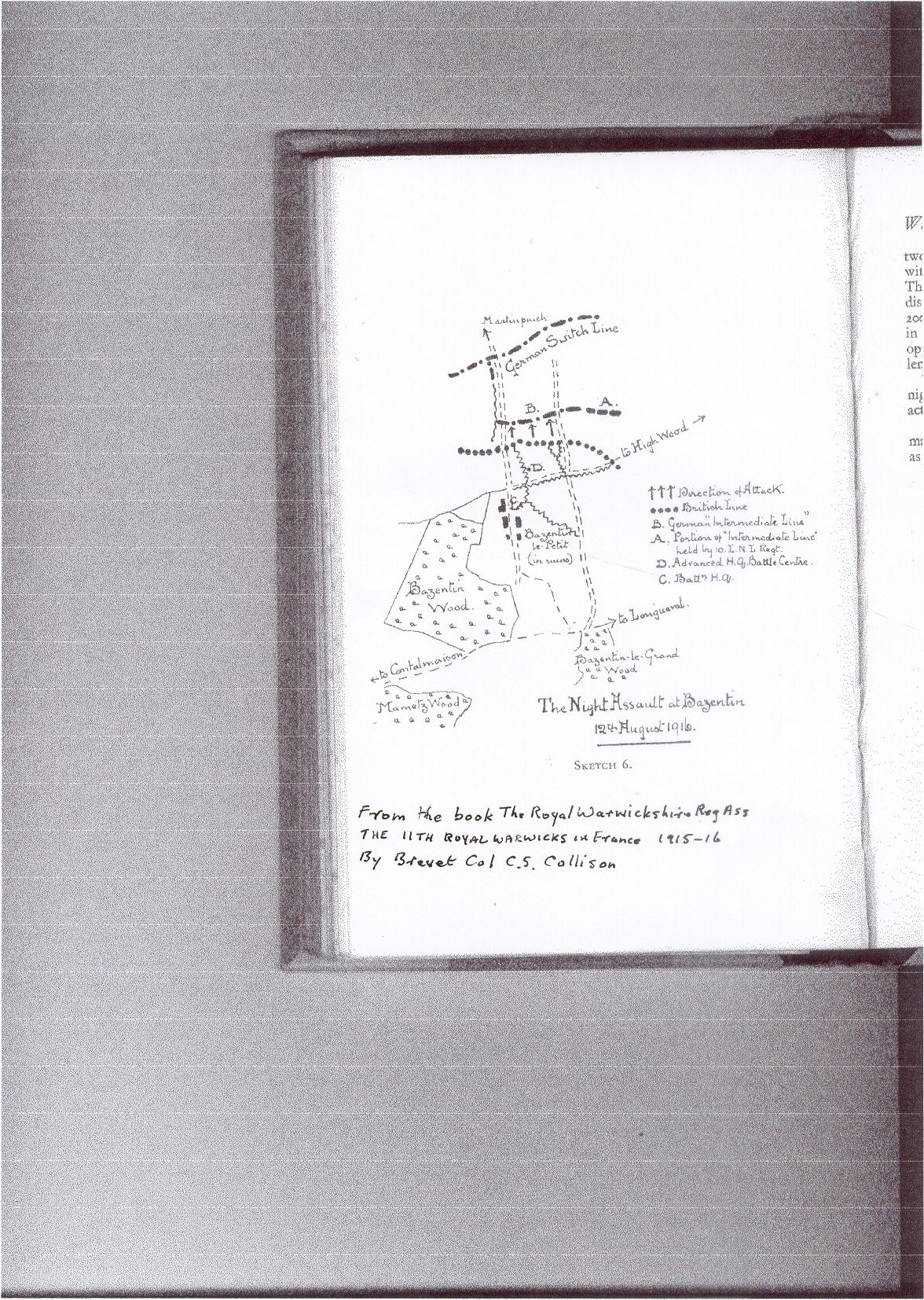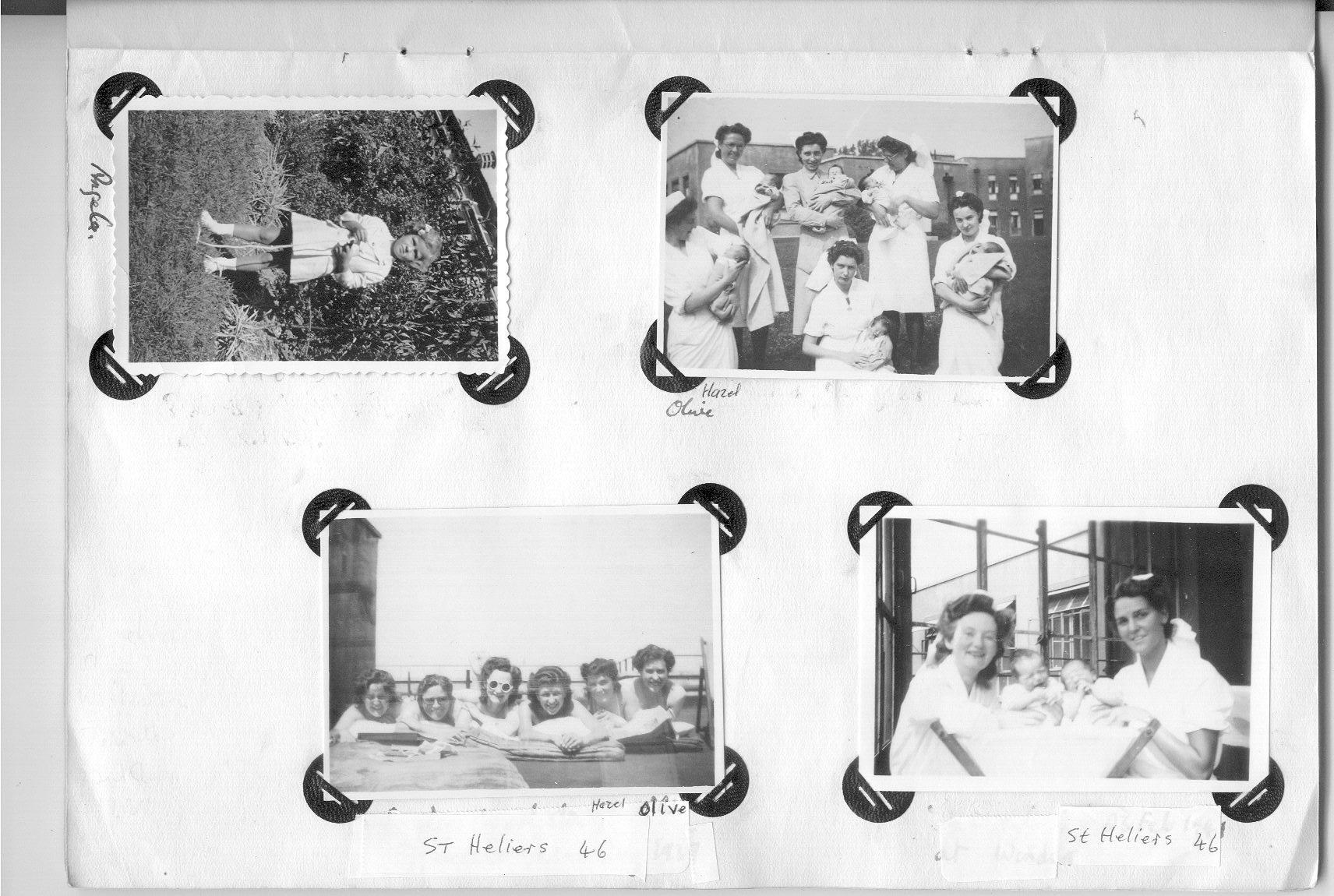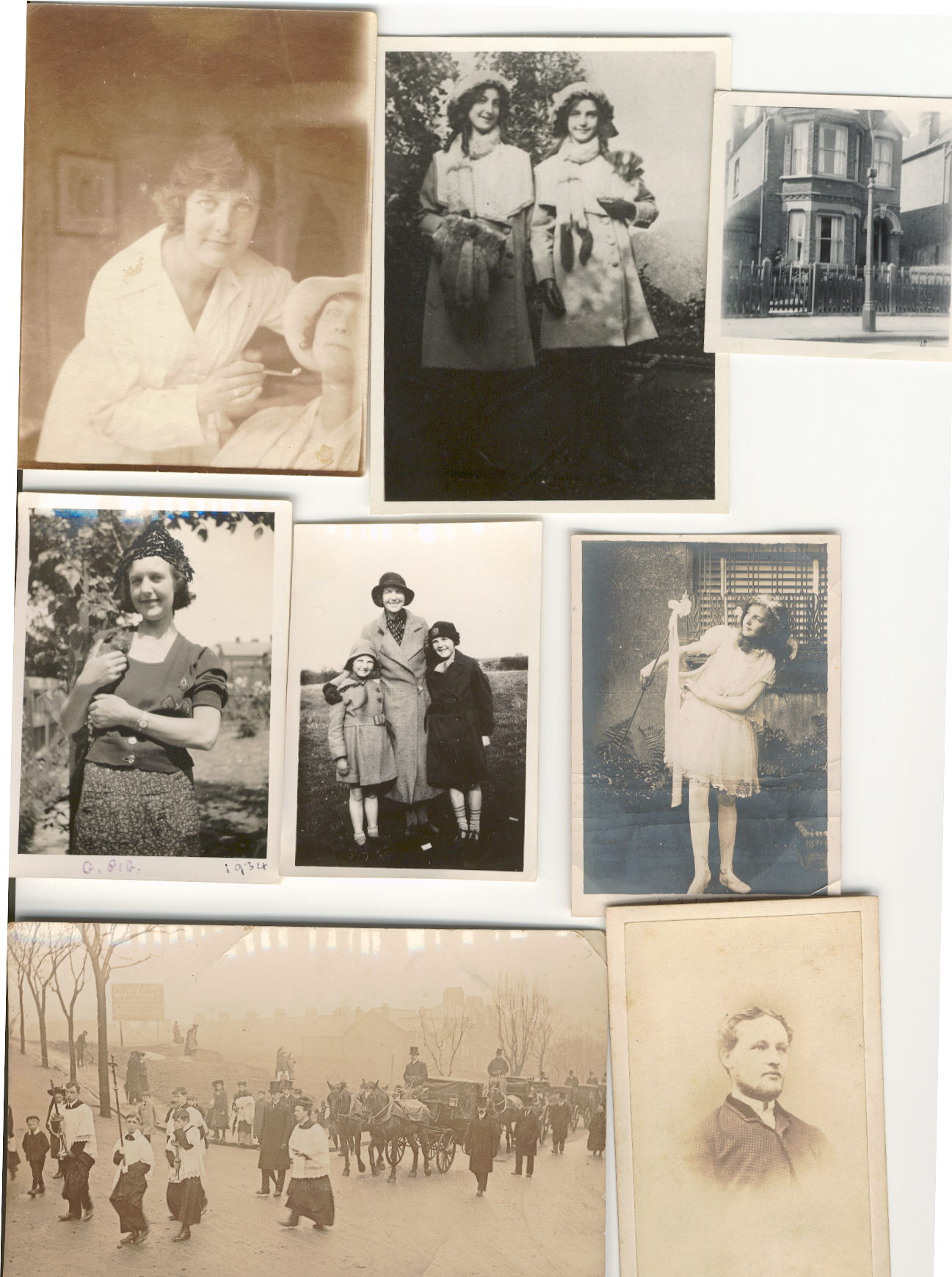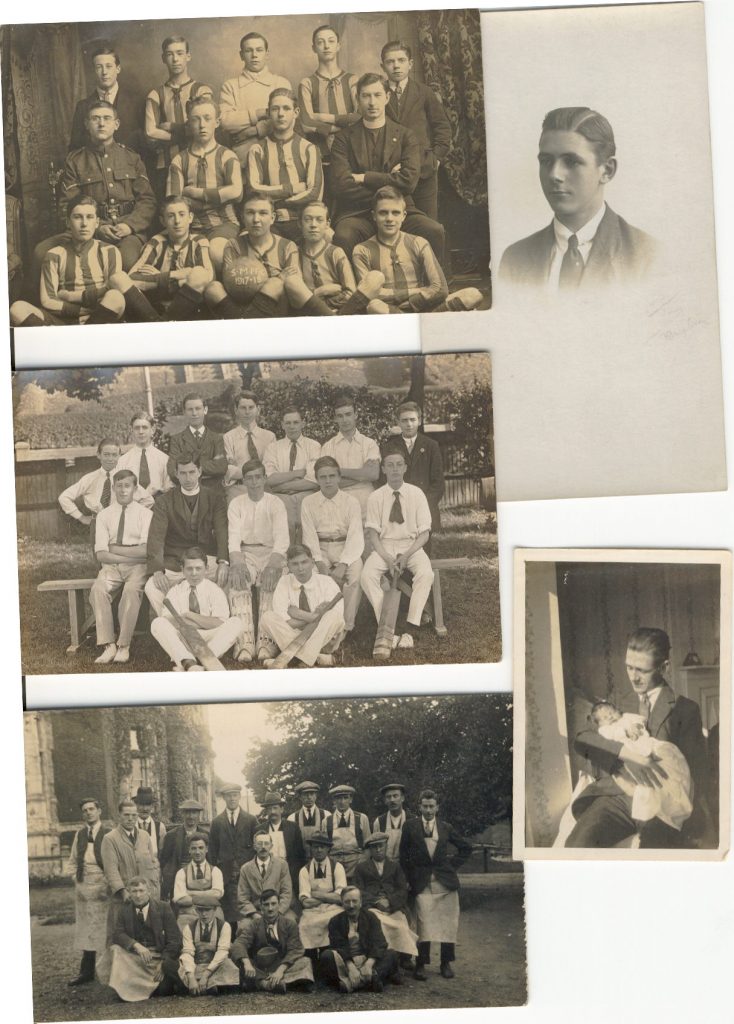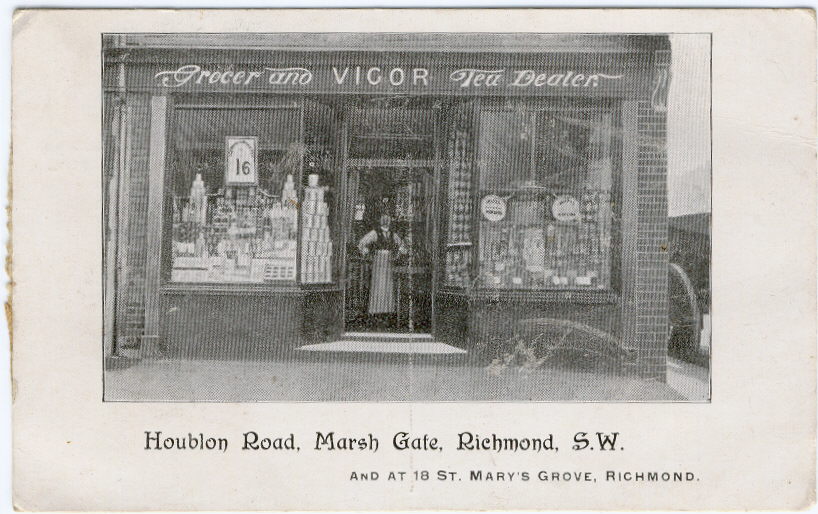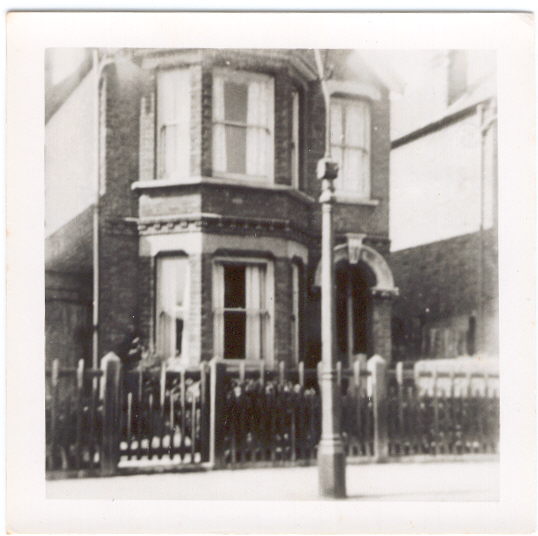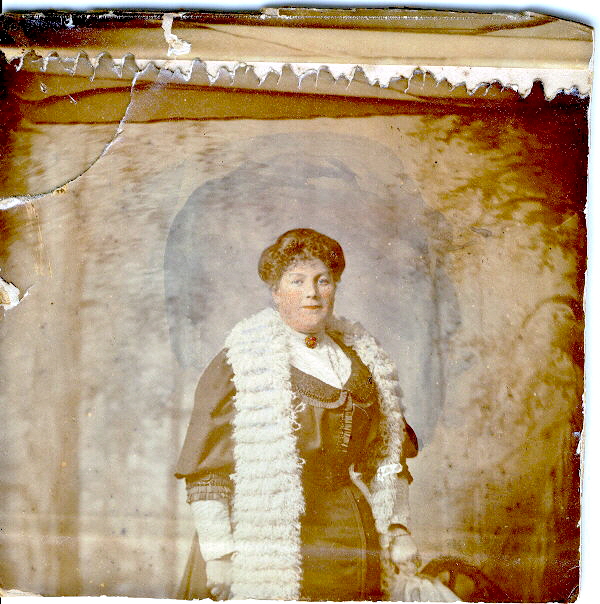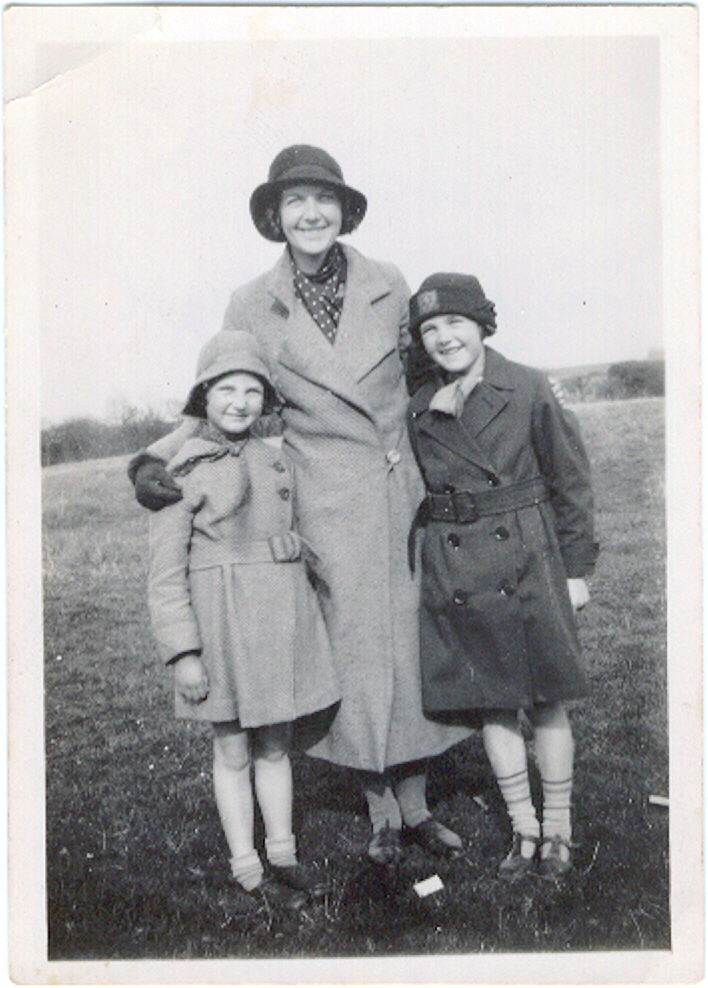1)Born 23/2/24
2) 1932 My first day at Secondary School
3) 12/11/35 The birth of my brother when I was 12 years old
4) 3/9/39 The second World War started when I was fifteen transforming my life with the horror of it all
5) 5/9/45 The most important happening in my life was meeting Jack at the Battle of Britain dance in the County Hotel.
6) 1936 Breeding & showing Guinea pigs from the age of 12
7) Receiving my Open University B A Hons degree after 6 years study.with Jack. Geoffrey and Keith present was a highlight of my life
8). Drawing & painting is a very rewarding part of my life. From a very young age I would cycle with my father and sketch whilst he painted with watercolours
9) Singing I was a member of the Ashford Choral Society, and the Stour Music Choir, conducted by Mark Deller. I sang in Paris with the Paris Conservatoire, and sang The Messiah in the Royal Albert Hall
10) My Pacemaker has given me better health and made me have a different view on life, to value every minute, to spread happiness and peace of mind.
______________________
Here they are in more detail
1)Born 23/2/24 I am lucky to have very hapy childhood memories, helped by my mother determined this would be so because of her own sad childhood. She lost her mother following the birth of brother John when only six, and her father when she was twelve, and at age fifteen lost her beloved elder brother Petter on the Somme in World War 1. I completed Petter’s history which his young brother John started and is now in the Imperial War Museum with my World War 2 diaries.
I could think in English when only a few months old I remember laying on ray Mother’s lap in the bathroom for toiletting, thinking I hope my face won’t hit that (the bath). I also remember laying on my back in the pram trying to touch the cream canopy fringe with my toes thinking
I wish I could touch that. I would be about 4 months old. I was bom with two growths which stopped me thriving I remained my birth weight, my parents were told that I would die, nothing could be done. But they trailed from Doctor to Doctor until they found Dr Martin who agreed to remove the growths When I was nursing in Ashford hospital 1 used to polish the
plaque with his name on in theatre and say thankyou for saving my life
2) 1932 My first day at Secondary School was an important time. My mother had discovered that I was being hit and traumatised at the primary school by the Headmistress. The reasons for this punishment were for not forming a good enough teacup from hard solid green plasticine, for knitting too tightly, and mistakes with arithmetic, although I knew all my tables well. I was so upset I was removed immediately. It was dreadful seeing other children hit, one boy was sent flying across the wooden floor, his leg irons clattering.
We had to stand with our right hand across our stomach & this hand was hit with such force we fell back hitting our heads on the wall, falling to the ground unable to breathe Although poor I was sent to the County school aged 8, my little sister joining me later when 6 years old I remember when I was able to jump over the horse in gym after learning to walk again following Diphtheria, the whole class clapped I received all my’ stripes and became head of my House – Becket. Later I was awarded an
Exhibition Scholarship for two years and became the first person in Kent to do a two year prenursing course.
I went on to become a State Registered nurse & State certified midwife. 1 became a Domiciliary midwife in Middlesex, a Practitionecr in my own right teaching pupil midwives, we delivered the postwar bulge’ a very high birthrate, booking 30 cases a month in our area.
3) 12/11/35 The birth of my brother when I was 12 years old was a delight for my sister & I. But I had to suddenly grow up to help my frail mother who had a severe heart condition. I was paid sixpence a week to run the home: shopping, cooking, cleaning, growing vegetables, mowing the lawn.
When I went to school I would drop a bowl with a few households who would put vegetable peelings in for me to collect on the way home These would have to be boiled for hours to feed our chicken which were cleaned out by me. I would darn & mend every night, boil the nappies after doing my homework, making sure I had brushed my sister’s hair…
4) 3/9/39 The second World War started when I was fifteen transforming my life with the horror of it all. Ashford was a Garrison town, I wont to first aid classes with Dad, a Dental Technician who joined the Civil Defence & was on call after work including every night. He was even called to Canterbury We experienced the spectacular Battle of Britain., at one point Dad & I had to shelter underneath our bicycles from the falling shrapnel, we were no where near shelter We were forcibly evacuated, my sister went with the school, it was decided that I accompany my mother & baby brother the following day to meet up with her We caught the train at 9.15 am. A bomb landed on the platform where we had been. 15 minutes after we left.
The train had no corridor. therefore no toilets, mothers were holding their children out of the windows because we only stopped once arriving at our destination late in the evening.
We arrived at Oxford, and were taken by coach to Thame where people came and looked at us to chose who they wanted. We felt like slaves.
They wouldn’t let one nice lady have us because she lived outside the area. Eventually we were taken to an elderly childless couple, very kind but not used to a child. We did not know where my sister was, we never met up with her. we did not know whether Dad was alive or dead.
He like the other men had not been allowed to leave Ashford, they had to defend it. We could not get any money or post. I could not get into any school they were full so I took a job as a ward maid at the evacuated children’s department of the Radcliffe Infirmary housed in ancient Rycote Manor – a bus ride & journey through fields to reach.
I lived sharing a room with the dining room maid. I was hopeless as a ward maid so they trained me to be the other dining room maid. But they allowed me to nurse the children & feed the babies etc. The night nurse I used to speak to before she went off duty each day turned out to be my life long friend Olive.
We next met doing our part one midwifery. & then did our second part midwifery becoming domiciliarly midwives. I lived with Olive & her mother for three years.
At the time of the Dunkirk Evacuation, trains laden with casualties passed our home every ten minutes for a week . I was nursing at Ashford hospital, when one day I had just swept the ward & the railway station was bombed and the ward ceiling fell down with the impact, covering every bed in white. Shortly everyone was evacuated and the ward became an operating theatre. The wounded lay on the floor, one was having a leg amputated. I admitted a soldier with a broken jaw to be sent to East Grinstead I was given two train drivers scalded when their train engine boiler was hit, I had to cut off their clothes, but their skin came off as well, they were sent to the Bums unit at East Grinstead.
I was in my parents garden when a flying bomb cut out Calling to the children to run to the Anderson shelter I threw in my sister, my brother, a playmate & the dog & then jumped in as the bomb exploded. I peeped out the door & could not see our home for thick dust. & Mummy was in there. But she was alright but for two miles around all the glass in the windows was broken & roof tiles damaged. Windows had to be repaired with picture glass because there was a great shortage of stronger window glass.
5) 5/9/45 The most important happening in my life was meeting Jack at the Battle of Britain dance in the County Hotel. I had nursed both owners and as a thankyou all the nurses could go free every week.
I was so late home I had to climb through the kitchen window. We married three years later, I was reluctant to give up my salary & having my cooking, cleaning. & laundry, done for me, so I saved up for a Bendix washing machine & vacuum cleaner.
My marriage has been wonderful, we have celebrated our Silver, Pearl, Ruby & Golden weddings. We have three wonderful children, and five wonderful grandchildren.
When we had our second child, Geoffrey, we bought a Morris Minor & both learnt to drive. I drove a blind piano tuner to his grand pianos in beautiful country manors for a few years. Lord Coggan and his wife would bring us in a tray of tea at their home
When my leg was paralysed we had to have an automatic car. now I use cruise control and powered steering as well.
I was also an Adult Literacy Tutor for many years on a one to one basis.
6) 1936 Breeding & showing Guinea pigs from the age of 12 with my mother’s influence was a successful hobby. This hobby restarted for my sons Geoffrey & Keith. Geoffrey had to wait a year for an Abysinnian tortoiseshell & white guinea pig to be bom.
We called our stud the Shakespeare Stud and we won every one of the eight sections in the London Championship Show three years running. We had enquiries from Sweden & America, but they were too expensive to export. We even had a waiting list for pet guinea pigs.
During her last illness in my home I gave my mother a baby guinea pig to hold after it was bom. The Dr would stroke it when he called. We called it B B for black bottom, she lived to be eleven.
I was also a Guinea pig judge & was asked to join the overseas panel of judges, but my family needed me & I had to decline.
7. Receiving my Open University B A Hons degree after 6 years study.with Jack. Geoffrey and Keith present was a highlight of my life I chose an arts degree but concentrated on history because I missed out with the school evacuation.
Drawing & painting is a very rewarding part of my life. From a very young age I would cycle with my father and sketch whilst he painted with watercolours This was & still is my way of recording memories.
My little sixpenny camera from Woolworths was useful but not quite as good.
I have books of guineapig sketches, also of my poodle.
I have many paintings of flowers I have been given from my children and from friends, as well as recording holiday scenes
Many times my paintings have been voted as best at exhibitions.
9) Singing has been a most rewarding part of my life I was a member of the Ashford Choral Society, and the Stour Music Choir, conducted by Mark Deller.
At one rehearsal for Stour I sang a duet with Alfred Deller the world famous counter tenor. He was a great friend who lived down the road from us with his wife Peggy who is still alive. They came to our pearl wedding.
My mother was a soloist with a most beautiful voice she sang in the Dome Brighton in 1923. Her singing teacher taught her fnend Evelyn Laye who wanted Mummy to go to Hollywood with her but she had already met Dad.
My mother trained my voice and I sang in Paris with the Paris Conservatoire three years running giving two concerts each time. I sang The Messiah in the Royal Albert Hall with a Thousand voice choir, my whole family had seats near me in the front row. with my German friend.
I sang whenever I had the opportunity in Kent and London
10) My Pacemaker has given me better health and made me have a different view on life, to value every minute, to spread happiness and peace of mind. I was so thankful that I had never smoked nor abused my health in any way. Life is very precious.
Lent to Becky
1. Silver thimble my Grandma gave me
2. Tiny first photo album with baby g pigs just before war school trip on Thames
3. Bears claw set in gold worn on my wedding day & given to me by Grandma on my 10th Birthday. Her brother brought it back from the Pvranees where he was in the Spanish Civil war
4 Letter written by Uncle John explaining how he finally found his brother Petter’s name on the Thiepval memorial and the photos
5. Tiny boat my father had made
6.. Small painting of mine
7. Photo of me
8. My SRN badge
9. My Hospital badge-I was a gold medallist
10 Poodle model

The whole pdf can be downloaded here: Hazel Griggs – Ten Important Things in My Life
